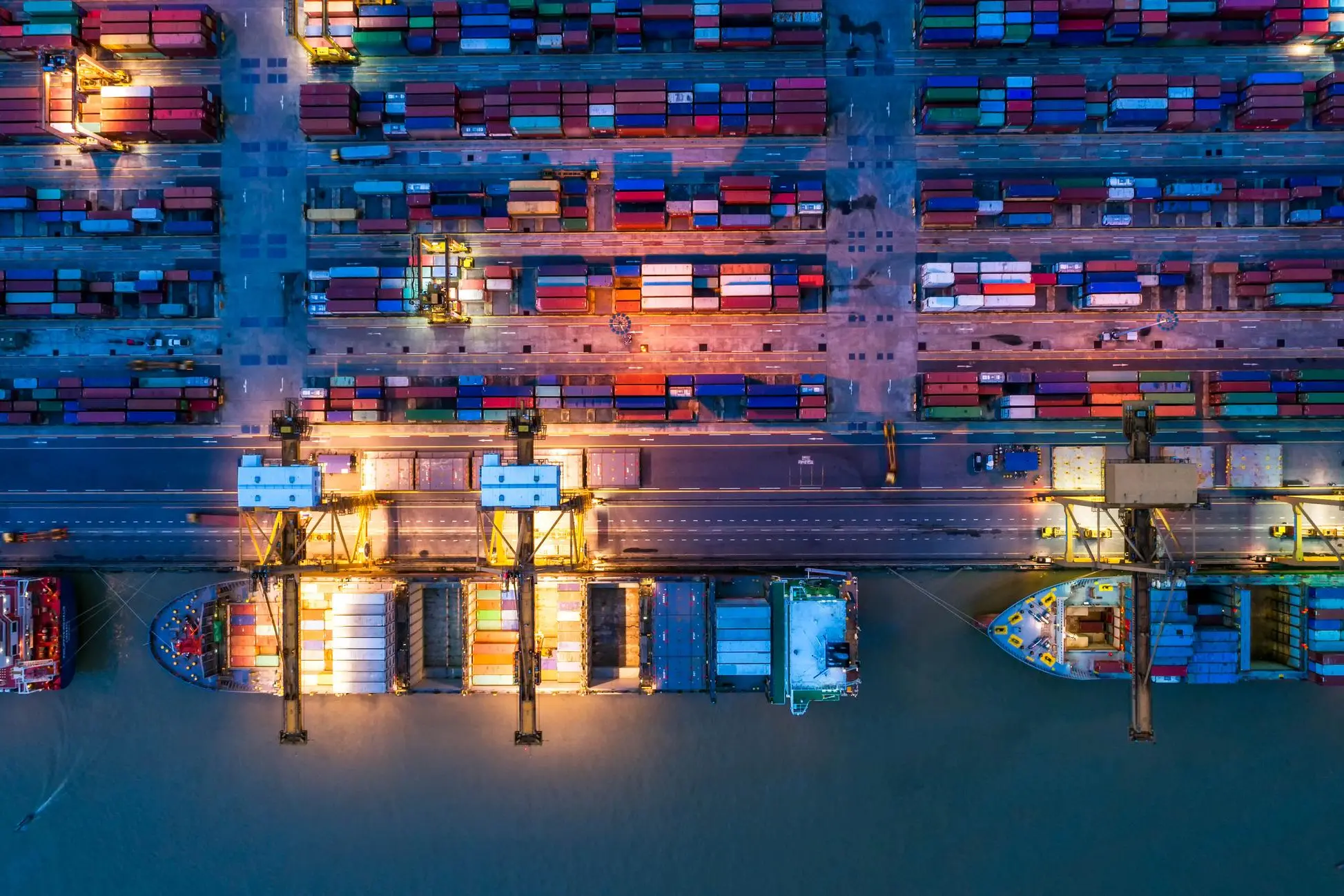PHOTO
Saudi Ports Authority (Mawani) has issued a circular mandating cargo owners with the use of pallets to stow goods imported into the Kingdom in containers to bolster productivity of Saudi port operations in line with international standards.
The mandate comes into effect March 1, 2022, reported Saudi Press Agency (SPA).
According to the circular, the safe stowage of goods on pallets is essential to the efficiency of port services, ensuring ease of handling with specialized equipment, a streamlined transfer process, faster customs clearance, an improved customer experience, and avoidance of damaged goods, in addition to facilitating trade.
The new mandate implements seaport regulations set by the Gulf Cooperation Council (GCC) for Arab States to maintain the highest standards of infrastructure, equipment, systems, and services for ports region-wide, as well as aligning with the Saudi Port Authority's goals to provide competitive services on both a regional and global scale.
Exclusions from the mandate include dry or liquid bulk materials that are loaded directly on their means of transport, such as wheat, grains, cement, gypsum, and petroleum materials, as well as raw materials stored in jumbo bags of large weights precluding their placement on pallets, heavy machinery, production equipment, and generators. Also excluded are steel products in the form of large rolls, coils, or flats; iron rods, large pipes, scaffolding and the like; materials that are difficult to load on pallets such as insulators, cardboard, and carpets; furnishings in general; external aerated tires; and marble, stone, and granite.
The Authority will continue to review and update the excluded goods list in coordination with the relevant authorities and will take all necessary measures for noncompliance in accordance with the Violations and Penalties clause of the seaport charter, while continuing to collect the specified fees and charges.
Copyright 2021 Al Hilal Publishing and Marketing Group Provided by SyndiGate Media Inc. (Syndigate.info).





















